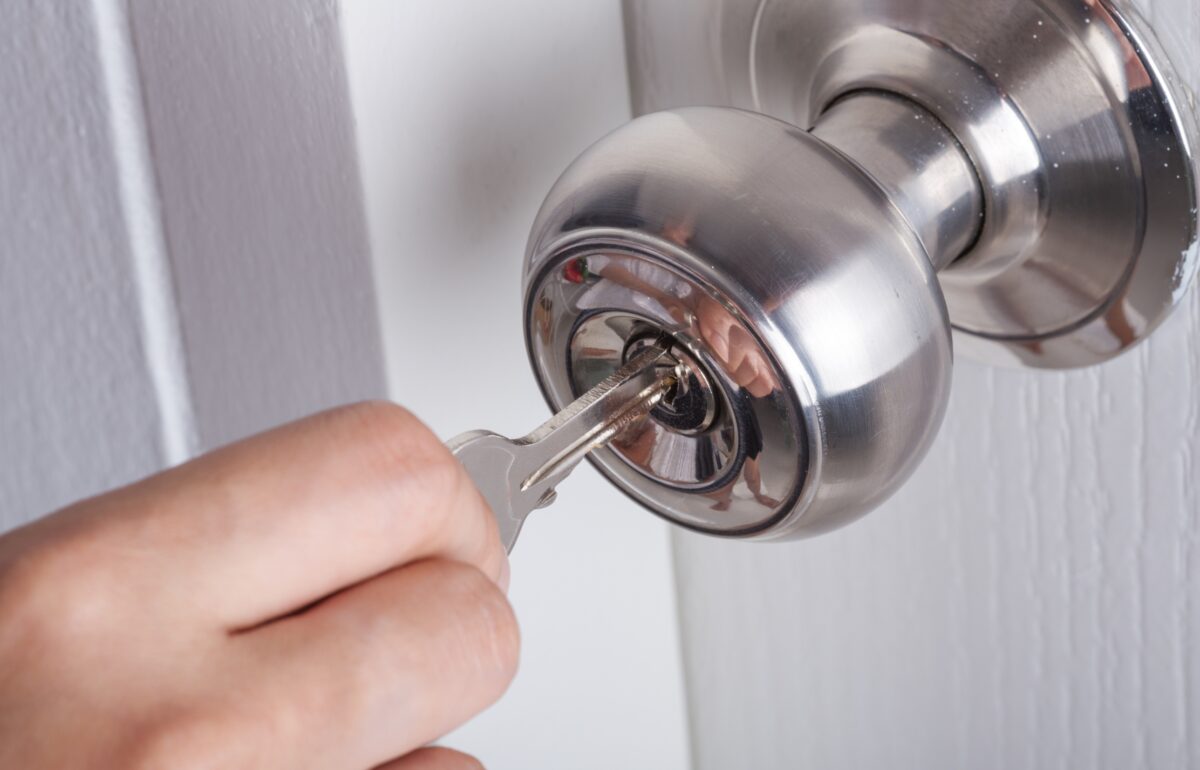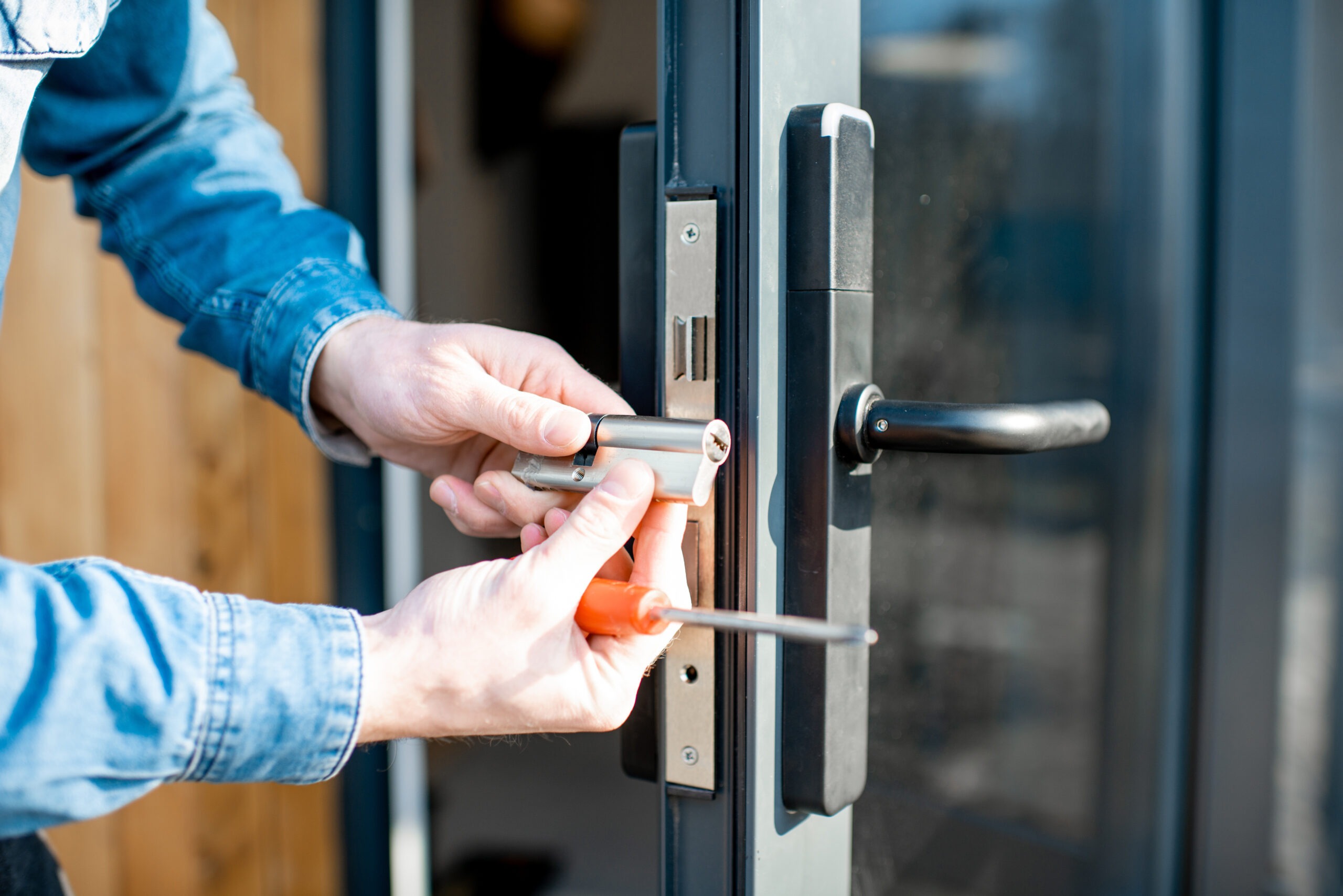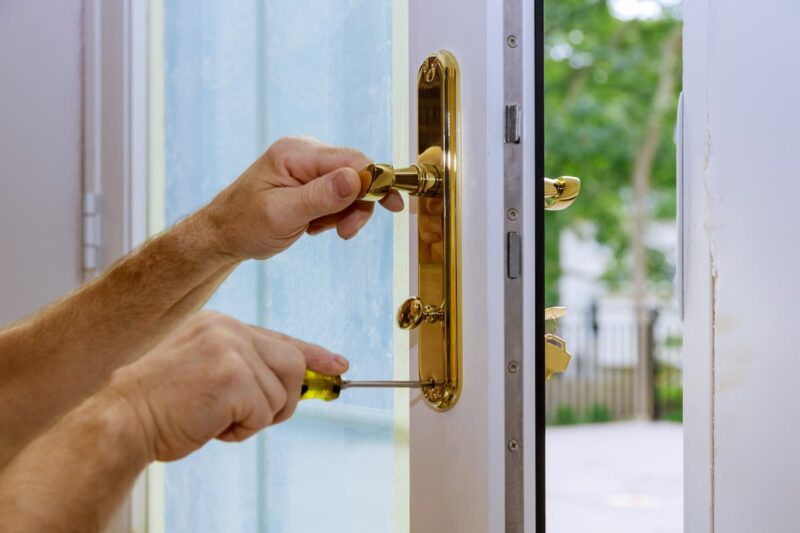Upgrading the security of your home or business is a crucial decision that often involves considering whether to replace your locks entirely or simply rekey them. This decision can have significant cost implications, making it essential to weigh the benefits of each option carefully.
Lock replacement involves installing entirely new locks, which can be a costly investment upfront but provide the highest level of security. On the other hand, rekeying involves changing the internal pins of the existing lock to fit a new key, which is generally a more cost-effective solution.
Understanding the differences between lock replacement and rekeying can help you make an informed decision that meets your security needs without breaking the bank.
Lock Replacement vs. Rekeying: What’s the Difference?

Lock replacement and rekeying are two common methods for securing your property, but they serve different purposes. When you replace a lock, you are essentially swapping out the entire lock mechanism for a brand new one.
This can be necessary if your current lock is damaged or outdated. On the other hand, rekeying involves keeping the existing lock but changing the internal pins and tumblers so that a new key will be required to open it.
Rekeying is a more cost-effective option compared to lock replacement, as it saves you money on buying a completely new lock. Ultimately, the decision between lock replacement and rekeying will depend on your specific security needs and budget constraints.
Unlocking the Savings: Benefits of Rekeying

Rekeying your locks can unlock a variety of savings and benefits that make it a cost-effective alternative to complete lock replacement. By rekeying your locks, you can change the internal pins and springs, rendering the old keys useless while still maintaining the existing lock hardware.
This process is not only more affordable than replacing all of your locks, but it also provides added security and peace of mind. Additionally, rekeying allows you to customize your locks to fit a specific key, reducing the number of keys you need to carry and simplifying access to your home or business.
Overall, rekeying offers a budget-friendly solution that doesn’t compromise on security or convenience.
When to Opt for Lock Replacement

When deciding whether to opt for lock replacement, there are a few key factors to consider. If your current lock is old, damaged, or compromised in some way, it may be best to replace it entirely.
Additionally, if you have recently moved into a new home or office and are unsure about the security of the existing locks, replacing them can provide peace of mind. Another situation where lock replacement may be necessary is if you have lost keys or had them stolen, as rekeying may not be sufficient to protect your property.
Ultimately, the decision to replace a lock should be based on the specific circumstances and security needs of the situation.
Conclusion
In conclusion, when it comes to deciding between lock replacement and rekeying, it ultimately depends on the specific circumstances of your situation. Rekeying is a more affordable option if you are looking to maintain the current security hardware in your home or business.
However, if the lock is damaged, outdated, or you are looking to upgrade for better security features, lock replacement may be the more cost-effective choice in the long run. Both options have their advantages and disadvantages, so it is important to assess your needs and budget before making a decision.
To learn more about lock replacement services, visit https://kluchgrad.ru/zamena-lichinki-zamka/ for professional assistance.


